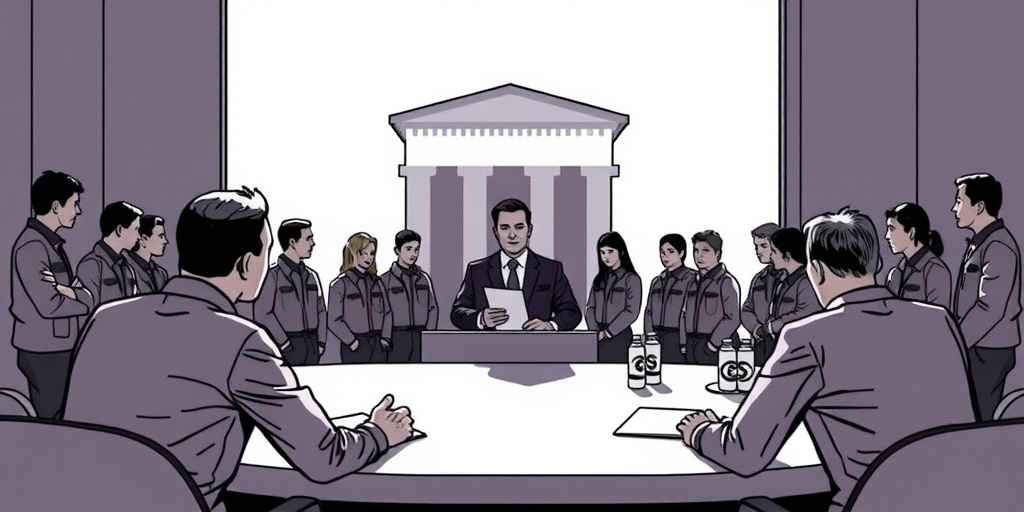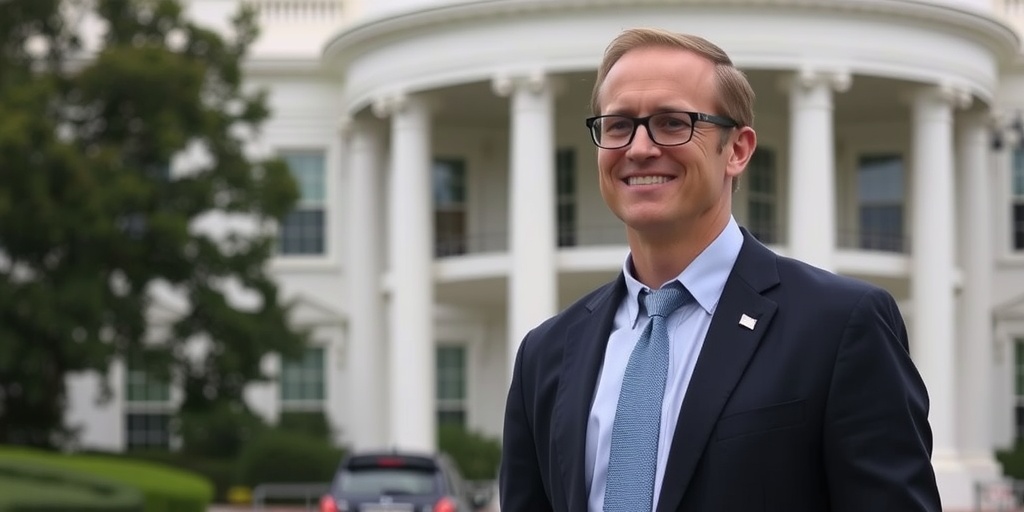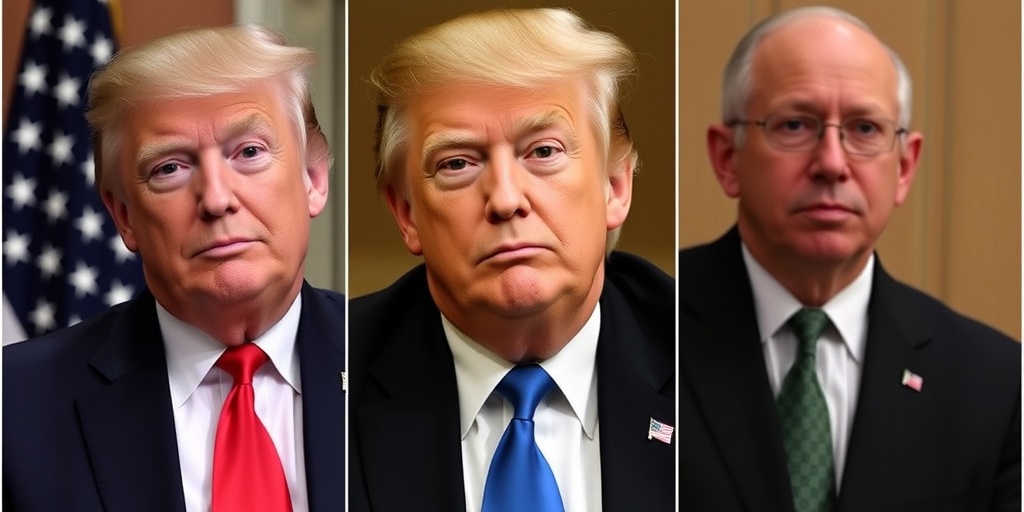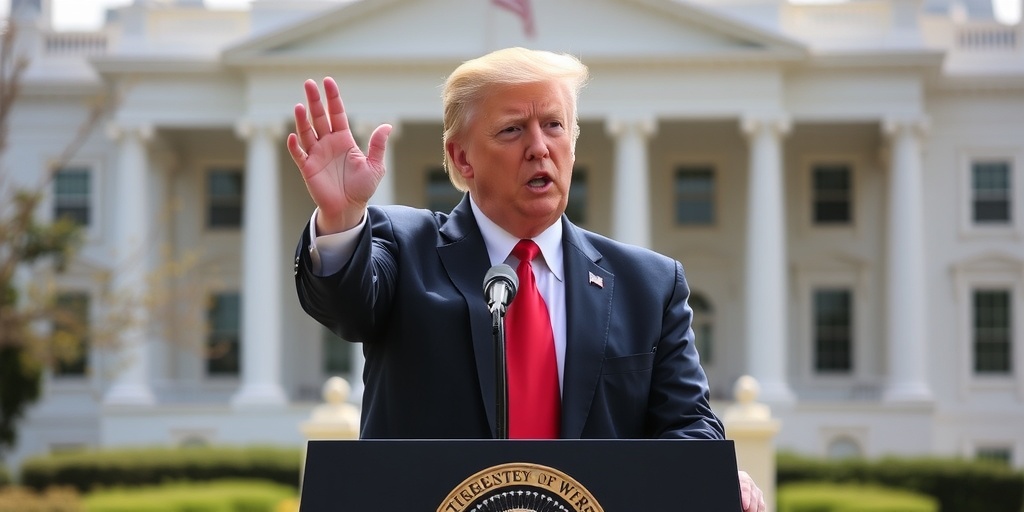Now Reading: Judge Allows Musk’s Team Access to Education Data
-
01
Judge Allows Musk’s Team Access to Education Data
Judge Allows Musk’s Team Access to Education Data

A Federal District Court in Washington recently ruled against a request to prevent associates of Elon Musk from accessing the U.S. Department of Education’s data systems. The case arose from a lawsuit filed by the University of California Student Association, which claimed that such access might compromise student privacy. The court found that the students involved had failed to demonstrate they would suffer irreparable harm from this access, and therefore denied the emergency restraining order sought by the plaintiffs.
Judge Randolph D. Moss, who presided over the case, stated in his ruling that the students’ legal representatives had not provided concrete evidence that sensitive information from the department’s databases was being mishandled or improperly disclosed. He characterized the potential harms alleged by the plaintiffs as “entirely conjectural,” asserting that their lawsuit did not include sufficient evidence to suggest that either the Education Department or Musk’s team would misuse the information they sought.
The students’ legal counsel had sought the restraining order to stop Musk’s team from accessing databases that contain identifiable student information. They argued that certain actions had already occurred, which they contended violated the Privacy Act of 1974. Such access raised significant concerns among the students, particularly due to the sensitivities surrounding their personal data.
During a hearing, Judge Moss expressed frustrations regarding the ambiguous nature of the operations conducted by Musk’s associates within the Department of Government Efficiency, a newly formed team within the White House’s executive office. His questioning revealed a lack of clarity from government lawyers about the identities and specific roles of Musk’s team members, exacerbating concerns about transparency and oversight.
The judge noted that while the newly established team acted quickly in their data-gathering efforts, it starkly contrasted the previous practices of the U.S. Digital Service, which had operated with greater scrutiny and control. Judge Moss remarked on the unprecedented speed and extent of data access being claimed by Musk’s operatives, which he viewed as deeply unsettling and unlike any transition experienced previously in the executive branch.
Despite the serious nature of the allegations, Judge Moss also displayed skepticism about the standing of the students to sue, as their alleged harms from any unauthorized data access were unclear. He indicated that determining the legality of the actions taken by Musk’s team had nuances that warranted further exploration. Some of Musk’s associates appeared to have official access to the Education Department’s systems, leading to questions about whether their investigations were lawful.
Throughout the court proceedings, students felt uneasy about the prospect of their personal data being analyzed by Musk’s team, particularly those from mixed-status families who could face heightened risks. Counsel for the students emphasized the expectation of privacy implied when submitting personal information to the Department of Education, arguing that the indiscriminate data analysis by Musk’s team violated that trust. One student even expressed fears that their data might expose their family members’ immigration status.
In response to the growing scrutiny, the government began to submit statements from higher-ups within the Education Department and members of Musk’s team to clarify the situation. Adam Ramada, a representative of Musk’s team, affirmed his assignment within the Education Department to audit contracts and grants for potential issues such as fraud and ineligibility.
Ramada confirmed he had undergone the necessary ethics training to access the department’s databases. Still, he acknowledged that one team member had not completed this training, raising further questions about the protocol surrounding data access.
Judge Moss expressed discomfort regarding the vague objectives of Musk’s operations, questioning whether sweeping goals like eliminating fraud could justify the extent of data access being granted. He raised hypothetical scenarios, suggesting that broad access to government data could be exploited for political reasons, potentially creating an environment where sensitive information could be mishandled for partisan advantages.
While the Department of Education had temporarily restricted Musk’s associates from accessing key databases after January 19, the court’s ultimate decisions regarding the students’ standing to sue and the legitimacy of the government’s data access actions remain pending. A ruling in favor of the students could lead to discovery, allowing both parties to present tangible evidence about Musk’s team’s engagement with the department’s data.
As the case unfolds, the implications surrounding data privacy, government transparency, and the intersection of private interests and public data continue to generate significant debate and concern among stakeholders in the education sector and beyond. Whether the students’ rights are upheld in this instance could set a precedent for future engagements between governmental entities and private individuals or organizations seeking access to sensitive information.
Stay Informed With the Latest & Most Important News
Previous Post
Next Post
-
 01New technology breakthrough has everyone talking right now
01New technology breakthrough has everyone talking right now -
 02Unbelievable life hack everyone needs to try today
02Unbelievable life hack everyone needs to try today -
 03Fascinating discovery found buried deep beneath the ocean
03Fascinating discovery found buried deep beneath the ocean -
 04Man invents genius device that solves everyday problems
04Man invents genius device that solves everyday problems -
 05Shocking discovery that changes what we know forever
05Shocking discovery that changes what we know forever -
 06Internet goes wild over celebrity’s unexpected fashion choice
06Internet goes wild over celebrity’s unexpected fashion choice -
 07Rare animal sighting stuns scientists and wildlife lovers
07Rare animal sighting stuns scientists and wildlife lovers





















